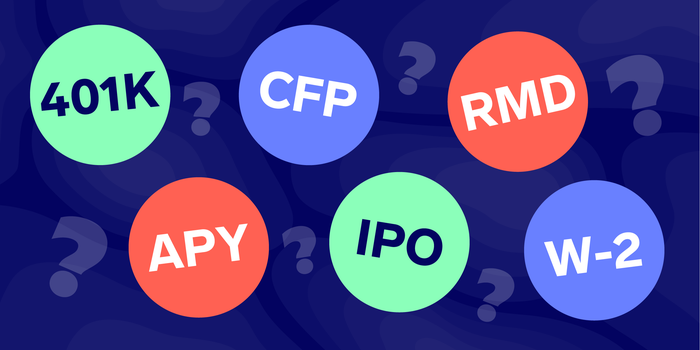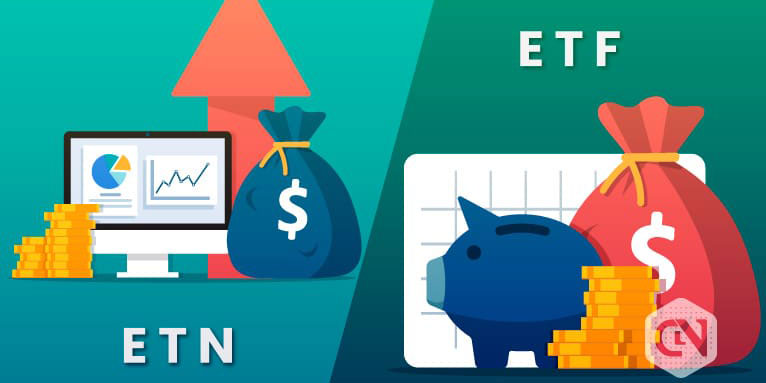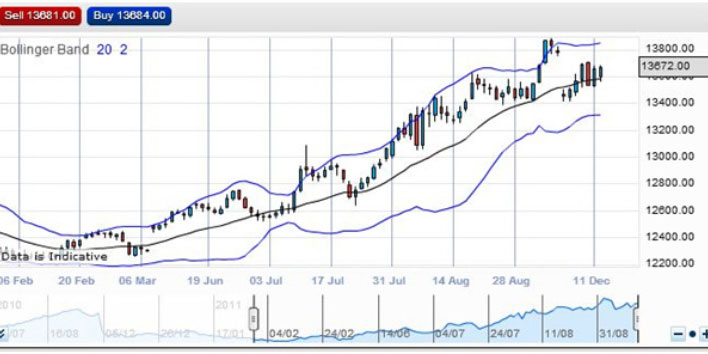Introduction
What Is a Personal Exemption? As a first-time filer, you may encounter several tax words that are foreign to you. The bare minimum is within our scope of expertise, and we're happy to assist. The personal exemption is one of the oldest (and most widely utilised) tax principles. Can you define a personal exemption for me? Should you and your spouse each file for a personal exemption? To put it simply, tax exemptions lower a person's taxable income. Although many different tax exemptions exist, nearly all U.S. taxpayers claim a personal exemption.
If no one else is eligible to claim you as a dependent, you are eligible to claim a personal exemption. Remember that this only applies if they have the legal right to claim you. Even if your dependency status is not claimed on your tax return, you cannot claim the personal exemption if you qualify as someone else's dependent. A tax return is also required if you want a personal exemption. You can claim a personal exemption on your tax return if your gross income exceeds the filing level, and no one else can claim you as a dependent.
Understanding Personal Exemptions
To calculate the personal exemption, we added all dependents and multiplied their total by the per-exemption dollar amount claimed on our tax return. One personal exemption is available to a single taxpayer. Tax returns submitted by the head of the household were entitled to the filer and all dependents. If you filed your taxes as a married couple, you and your dependents got a break. Finally, taxpayers who were married but filed separately might include their spouse, dependents, and themselves on their tax returns so long as the spouse had no gross income and was not included on anybody else's tax return as a dependent. A dependent must be either a qualifying kid or a relative to be claimed as an exemption.
Claiming Exemptions for Dependents
Aside from your exemption, you may also be eligible for exemptions for your spouse and dependent children. Anyone who is your kid, parent, sibling, or other relative and who lives with you and receives more than half of their support from you is considered a dependent for tax purposes. Provided you were filing separate returns. Let's pretend for a moment that you were a single taxpayer with two children. An individual tax exemption of $12,150 would be available to you.

Exemption Amount
Personal exemptions (taxpayer, spouse, and each dependent) receive a yearly inflation adjustment equal to the increase in the Consumer Price Index during the previous year. The exemption amount is zero for tax years beginning in 2018, thus repealing the deduction. During certain years, the taxpayer is not eligible to claim personal or dependent exemptions. However, the procedures for establishing who qualifies as the taxpayer's dependent still apply (for example, child tax credit). The exemption limit for establishing who qualifies as a dependent for these additional tax benefits is $4,400 in 2022, $4,300 in 2021, $4,300 in 2020, and $4,200 in 2019.
For tax years beginning before 2018 and after 2025, taxpayers whose adjusted gross income (AGI) exceeds an applicable threshold based on filing status must reduce the amount of their otherwise eligible deduction. All relevant threshold amounts are also index-linked annually to account for inflation. For every $2,500 (or fraction thereof) adjusted gross income (AGI) exceeds the threshold amount, the total amount of personal exemptions is lowered by the corresponding percentage, which is two percentage points. Married taxpayers who file separately only need to pay $1,250 in taxes rather than the whole $2,500.
When Can A Taxpayer Claim Personal Exemptions?
When asked during registration if "anyone can claim you or your spouse as a dependent," a taxpayer must respond "no" to be eligible for a personal exemption. This is the case even if another taxpayer does not declare the individual as a dependent. The taxpayer must mark the appropriate box on their Form 1040 to indicate that they qualify as a dependent. If either spouse qualifies as a dependent for another taxpayer, both taxpayers must check this box when submitting a joint return. This could force them to take a lower standard deduction. Check out the Standard Deduction and Tax Computation lesson to learn more about this. If you are not obligated to file a tax return and do not file a tax return, you are not someone else's dependent. A taxpayer in this scenario must respond "no" to the question ", may anyone claim you as a dependent?"

Conclusion
There was a personal exemption until 2017, but it won't be accessible again until 2025. One personal exemption was available to taxpayers, spouses, and dependents who met specific criteria. In 2017, the personal exemption was repealed due to the Tax Cuts and Jobs Act.



